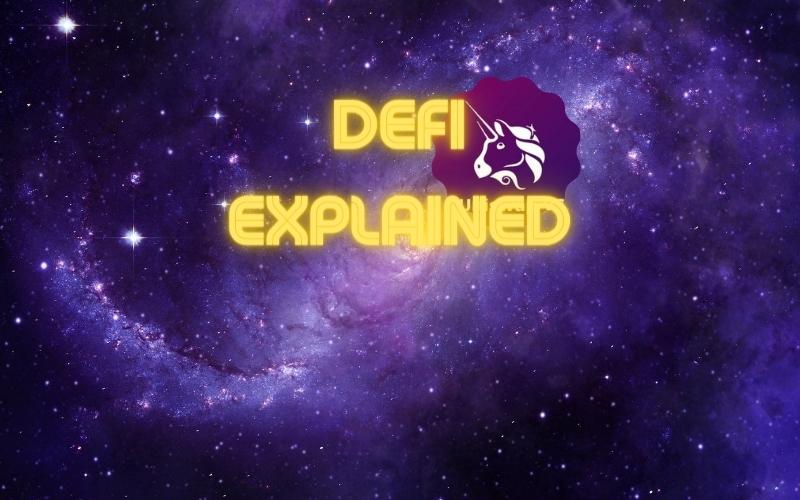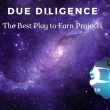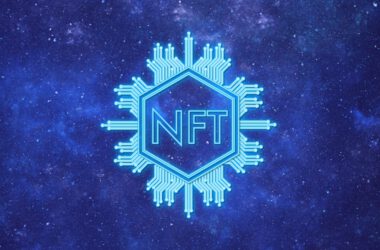DeFi is the deeper value structure and the framework which allows many play to earn projects to function. DeFi has existed alongside cryptocurrency for years but took off in earnest in 2021 after breakthroughs in smart contract building. DeFi is also known as open finance, as it is a set of tools with low barriers to entry and is capable of emulating parts of the legacy financial system.
In the most general sense, DeFi, or Decentralized Finance, is the repetition of financial operations using blockchain technology with distributed computation and a distributed ledger. DeFi can work as a bank, as a payment app or to raise funds or distribute interest. The information about DeFi transactions is held with each node that works to support the respective blockchain.
But the most important aspect of DeFi are various forms of algorithmic trading as a source of passive income and active price discovery.
What is Liquidity Mining and Yield Farming
Many games add a component to their play to earn equation, in which liquidity mining or yield farming add new earning opportunities for their native token. For instance, Smooth Love Potion (SLP), which has lost a big chunk of its value, can still produce rewards through liquidity mining.
Liquidity mining hinges on a simple concept of automated trading. Instead of order books, automated trading uses an equation that settles the price of a pair of assets. The equation is simple: X*Y=K, where K is constant. This means the prices of the two assets, X and Y, are always in balance.
Usually, an automated pair will contain a base asset, such as ETH, USDT, SOL, BNB or another token native to a network. The other asset will be a play to earn a reward token. Together, the two assets achieve price discovery for the newly created token. Depending on how much of the base token is provided, the other asset in the pair will rely on higher or lower liquidity.
Automated pairs are also known as liquidity pools and they get filled either by the community or by a crypto startup’s treasury.
What is a DEX
A DEX, also known as Decentralized Exchange, is a collection of automated trading pairs. The advantage of a DEX is that a wider array of users can either trade, or provide liquidity in exchange for rewards.
As of 2021, some of the established DEX include UniSwap on Ethereum and SushiSwap for Binance Smart Chain assets. The Katana exchange is built specifically for Ronin Chain, and is one of the hubs to build liquidity for Smooth Love Potion (SLP) and to produce new RON tokens.
What is Impermanent Loss
Let’s say you deposit two assets into a liquidity pair. Immediately, someone decides they need more ETH and less of the token. The pair now contains less ETH and more of the token X. This means the price of X will slide. Now you are left with a depreciated investment.
However, this loss is not final. If you keep the assets in the liquidity pair, you will get a selected reward token. Additionally, the pair may be supplied with more ETH and the price of token X may rise with time. Impermanent loss may be quite significant and surprising, turning liquidity mining or yield farming into one of the riskiest activities in play to earn.
Why DeFi is Important
DeFi is an important tool to keep value locked within blockchain ecosystems. In the years past, most assets were used for trading and there was little incentive to hold, except for price speculation.
DeFi helps keep assets like ETH, SOL, LUNA, BNB, and others within a single market, thus providing value for NFTs and play to earn projects. There is an incentive to hold the assets and not exchange them for fiat or back into Bitcoin (BTC).
DeFi also generates a market for stablecoins, which offer an intuitive way to trade NFTs or join play to earn games, using an asset with a predictable price tied to one US dollar.
What is the Legal Status of DeFi
Using any crypto asset or a smart contract is, in general, unregulated. However, some services and hubs may still require user verification, going as far as demanding personal documents.
Know-your-customer, or KYC, is not needed now on UniSwap, but there is always a possibility some services may decide to vet the status of their traders.










